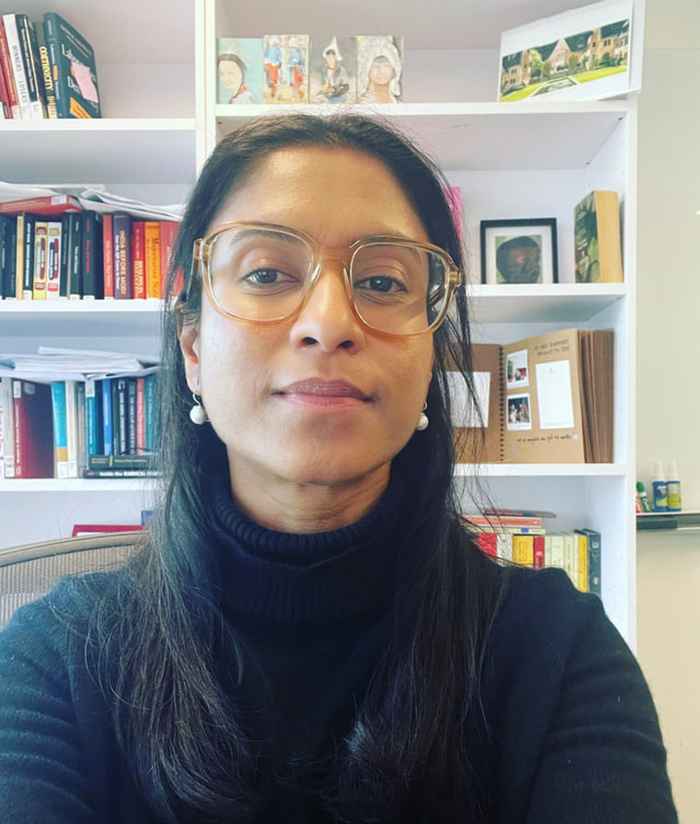Increasing Polarisation of Hindu-Muslim Identity in India
Lecture by Dr. Tanushree Goyal
- Date
- 22 September 2025
- Time
- 12:00 -13:30
- Room
- B9.22 (Common Room)
Dr. Goyal's findings show that names increasingly signal a strong religious identity, showing heightened religious polarisation. A preference for religious doctrine does not explain this rising polarisation. Instead, we show how social dynamics generate asymmetric behaviours.
First, Muslims are less likely to adopt Hindu names over time, while Hindus rarely use Muslim names.
Second, polarisation for Hindus is rooted in parents giving their children more distinct names than their own, while for Muslims, neighbourhood factors such as segregation shape polarisation. Going beyond accounts of rising religious fundamentalism in India, Dr. Goyal's findings highlight the differential social roots of Hindu and Muslim cultural practices.
Hosted by the Amsterdam Centre for Conflict Studies (ACCS).

About the speaker
Tanushree Goyal studies Comparative politics with a focus on Gender and Politics and the Political Economy of Development in South Asia. Her ongoing research leverages original data with a combination of experimental and observational methods to explore representation, political participation, party activism, and development. She also focuses on the intergenerational persistence of norms and identity and the consequences of disruptive shocks like climate and technological change, or ethnic riots on these outcomes. Other projects investigate accountability and programmatic voting in developing contexts.
She did a Research Master's in Social Sciences at the University of Amsterdam, and received her Ph.D. in Political Science from the University of Oxford in 2021. She is currently Assistant Professor of Politics and International Affairs at Princeton University.
